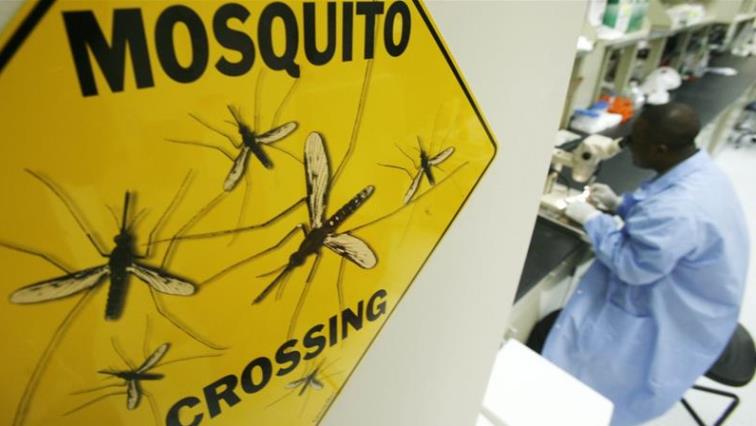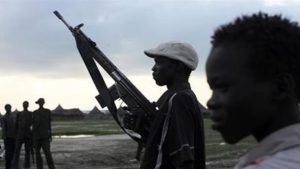In South Sudan mind-bending horrors abound of war, ethnic violence, rape, hunger and displacement.
But for civilians living in the shadow of conflict, the greatest danger is often being cut off from health services, whether due to violence or lack of development in the vast, remote areas that make up much of the country.
According to the International Committee of the Red Cross (ICRC), which supports a tiny clinic in Udier village, 70% of all illness deaths are due to easily treatable malaria, acute watery diarrhoea and respiratory infections.
In case of more serious illness there is “no place” to go.
A study by the London School of Hygiene and Tropical Medicine (LSHTM) last year showed almost 400 000 people had died as a result of South Sudan’s nearly six-year war.
Half of these were due to violent deaths and half because of the increased risk of disease and reduced access to healthcare as a result of the conflict.
ICRC health field officer Irene Oyenya said the Upper Nile region was particularly affected.
“There were aid)organisations which were supplying primary healthcare but then during the war, most of the organisations got evacuated” and pulled out of the country, she said.
In opposition-held Udier, the clinic supported by the ICRC provides crucial healthcare support to the region, where like throughout South Sudan, maternal and child mortality is sky-high.
Every day a small group of patients sits outside under a fragrant Neem tree, waiting to be helped, some from nearby while others have walked for a day or two.
Oyenya says a major challenge is that women, who do all the heavy work and take care of up to 10 children, may delay bringing them to the centre in time. That can be deadly.
Sometimes the children come alone: a nine-year-old girl in a purple polka dot dress confidently tells Oyenya she is suffering from bloody diarrhoea and she thinks, malaria. Her parents are nowhere in sight.
For anything more serious, such as pregnancy complications, blood transfusions and operations, the nearest hospital is in government-held Maban, a five-hour drive away or a three-day walk.
The other option is a three-day walk to Gambella in Ethiopia.
“They may reach there alive, or they may not reach there alive,” said Oyenya.






